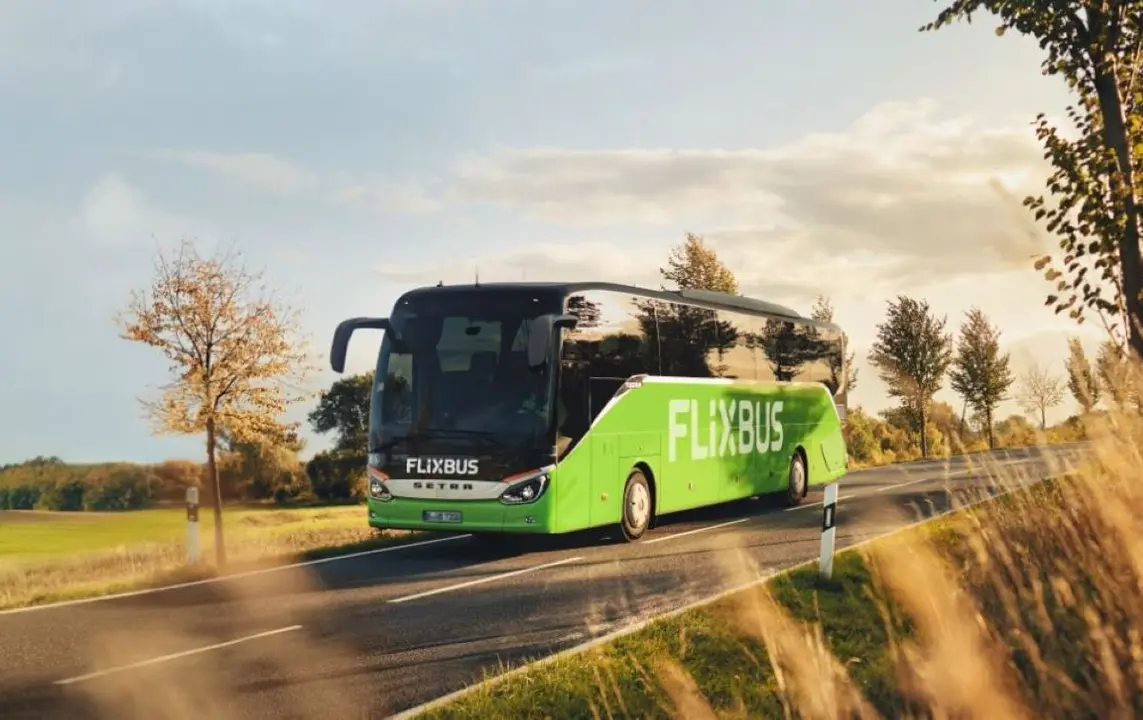FlixBus’s Expansion in Romania
FlixBus has officially launched its inaugural national long-distance lines within Romania, marking a significant development in the country’s transportation landscape. This new network connects over 50 cities, including major hubs like Bucharest, Constanța, Cluj-Napoca, Iași, Timișoara, and many more. With ten different routes being rolled out in collaboration with local companies, this initiative promises to enhance regional mobility significantly.
The Impact on National Transport
The introduction of domestic routes in Romania reduces the number of European countries where FlixBus cannot operate efficiently. Currently, Romania stands to benefit from a transportation model that is more akin to those seen in Germany, France, Italy, and Portugal—all nations that have embraced competitive frameworks for intercity travel. According to company statements, Spain remains an outlier, where the regulatory environment still presents significant hurdles that impact FlixBus’s operations there.
Affordable Travel Options
Travelers in Romania can now purchase tickets through FlixBus’s website and mobile app, as well as at over 1,000 partner agencies and SelfPay retail points. Prices start from as low as €2 per trip, making long-distance travel more accessible than ever, depending on availability and advance booking. This affordability opens avenues for various demographic groups to consider bus travel as a viable transport option.
Quotes from FlixBus Leadership
Adrian Rășoiu, the Business Development Director of FlixBus Romania, stated, “We aim to provide a truly sustainable and digitized alternative for people who previously lacked comfortable transport options within the country.” This commitment underscores FlixBus’s role in bolstering not just domestic travel but also regional development and tourism.
With the connection of over 50 cities, FlixBus enhances local accessibility, promotes regional development, and fosters tourism. This transportation model encourages seamless movement, a critical factor for logistics and freight services, thereby simplifying the distribution of goods and services across Romania.
A New Era for Romanian Mobility
This initiative arrives at a pivotal moment for Romania’s transport sector, which is moving towards a more competitive long-distance passenger transport model. Similar to the rise of other European nations, Romania is eager to provide improved travel options through competition, leading to better prices, enhanced service quality, and a broader choice for the traveling public.
Andrea Incondi, FlixBus’s Vice President for Southern Europe, highlighted the potential for growth: “The open transportation market in Italy has shown how tourism can be promoted and connectivity improved. Romania has the same potential.” By providing strategic alternatives, FlixBus paves the way for smoother logistics operations and enhances the overall flow of goods and movements across borders.
Boosting Tourism through Enhanced Connectivity
As per the Romanian National Institute of Statistics (INS), approximately 37,000 foreign tourists opted for bus travel to explore Romania in 2024. Notably, the transport spending among tourists—both local and international—grew by 30% between 2021 and 2024, with a 15.3% increase expected in 2024 alone. Tudorel Andrei, President of INS, remarked, “Buses continue to be one of the top three transport options favored by foreign visitors.” This trend points to the increasing reliance on cost-effective bus travel for tourism, which complements the logistics component by streamlining the transport of passengers and subsequently facilitating the movement of goods related to tourism.
Support from Local Authorities
The launch event for FlixBus’s operations in Romania attracted numerous officials, diplomatic representatives, and local partners who lauded the European model and best practices from countries like Germany or Italy. Nelu Sighiartău, CEO of Tabita Tour, remarked, “Our collaboration with FlixBus will enable us to offer services better aligned with the real needs of passengers.” Furthermore, international perspectives from representatives of the German embassy and the Italian Chamber of Commerce praised the vital link between European connectivity and regional investment, essential for developing sustainable mobility.
The Current Situation in Spain
While Romania is progressing towards greater operational efficacy, Spain remains a unique case with a complicated regulatory framework. Spain has plans for a new concessional map that appears to diverge from the concepts advocated by the relevant regulatory bodies, which often puts passengers at a disadvantage due to sustained high prices.
A potential remedy for enhancing the long-distance bus market in Spain could lie in allowing international operators, like FlixBus, to undertake domestic trips through cabotage. This change could introduce competitive pricing and broaden consumer choices.
Conclusion
FlixBus’s expansion into Romania exemplifies the transformative potential of competitive transport systems, unlocking new avenues for tourism and regional development. Moreover, the benefits ripple into logistics, simplifying the movement of goods and contributing to the economic landscape. While reviews of services can provide insights, the value of personal experience remains unmatched. Choosing GetTransport.com for cargo transportation ensures affordability and a streamlined process, allowing individuals to make informed decisions without breaking the bank. With such advantages at hand, it’s easier than ever to understand how enhanced connectivity can elevate logistics and transport operations in Romania—and beyond. Book your cargo transportation with GetTransport.com today!

